Take a look at this and tell me what story it’s from.
[youtube http://www.youtube.com/watch?v=4MqCnCkEBUw&w=560&h=315]
Okay, I’ll tell you at the end.
First, let’s look at original ideas.
No such thing, apparently.
At least, not if you believe Jonathan Gottschall, an English professor at Washington & Jefferson College and the godfather of Literary Darwinism. Some of the things he’s been saying has opened the window in some very stale rooms in English departments around the world.
One of his most startling discoveries is the universality of stories across cultures and throughout history. Whether written in Sanskrit, Latin, Greek, Chinese, Egyptian or Cockney rhyming slang it seems most folk tales share common themes and narrative structures.
From campfire storytellers in the Amazon to JK Rowling and Stephanie Myers; from the Ramayana to Hollywood; from the Bronx to Bali; it seems we relate to each other’s preoccupations and problems better than we realize.
We are not even greatly separated by time. Witness the enduring popularity of Jane Austen’s “Pride and Prejudice” with its themes of romance, marriage and financial imperative. Has the world changed much since 1813, when it was first published?
Of course. But do people still marry for money? Do women still compete to marry high status men?
From the first words of the first chapter - “It is a truth universally acknowledged, [my italics] that a single man in possession of a good fortune, must be in want of a wife” - Austen speaks not just to a small part of England in the early 19th century but to all time and to all people.
Ask Tom Cruise.
Neither do good stories date. Take ‘The Iliad’ for example. Homer didn’t write it; he just wrote it down. It started as an oral tradition but he was the one who finally punched into his laptop two thousand years ago.
All that horror and beauty and passion still resonates today. It’s a story of heroes, of passion, of obsessive love, of greed and betrayal and is as compelling now as it was then; though Brad Pitt and Eric Bana’s pecs helped sell the story to modern audiences in 2004.
Homer made a huge mistake not retaining the rights.
Another of Gottschall’s studies found that depictions of romantic love in folktales were widespread both historically and geographically. Romantic love was not thought to be a universal theme because in many societies and through many centuries marriage had a practical or monetary purpose.
Gottschall’s work now suggests that the search for romance—not just sex and not necessarily marriage — is hard wired into us. It occurs throughout history and across many civilizations from Harlem to the Hopi, from Putney to Peru. It’s part of our biological map.
He pioneered further studies that revealed even a commonality regarding gender roles as well. He performed a content analysis of ninety folktale collections, from all over the world and found overwhelmingly similar gender depictions; the protagonists were all strong males and beautiful females.
“We couldn’t even find one culture that had more emphasis on male beauty,” Gottschall said.
His conclusions are that we humans have universal concerns and aspirations and that the best stories exemplify this.
But why? In evolution we get rid of things we no longer need: like our tail, MySpace and Macaulay Culkin movies. So why do we keep a space in our brains for this strange use of the imagination? Aren’t we better off learning how to use Facebook or change the air filter on our car?
What is reading and writing fiction good for?
Some Literary Darwinists think that the urge to write stories arose when we acquired the basics of higher intelligence around 40,000 years ago. The world suddenly appeared horrifyingly complex; we have been trying to explain it to ourselves ever since. We still constantly attempt to impose narrative on the chaos of life.
Even reading itself ‘is a funny kind of brain state,” says Norman Holland, a professor who teaches a course on brain science at the University of Florida.
“If you’re engrossed in a story, you’re no longer aware of your body; you’re no longer aware of your environment.”
In other words we put ourselves in a trance; and it’s obviously important or we would have stopped doing it millenia ago, or got a machine to do it for us.
Scientists using MRI are now trying to discover the secrets of the imaginative faculty : they call it Mapping Wonderland.
It appears though that the power of any story, whether it’s Homer’s epic adventures or Austen’s comedies of manners, is in how it approaches these universal themes and explains them to us.
For some reason doing that well appears to be extremely important to the human race as a whole.
But we’re still trying to find out exactly why. I’ll get back to you if there’s a breakthrough.
It’s Cinderella.
And just in case you missed it in all that outrage on Monday, here’s a guy who knows the power of story. A reprise on the wonder of reading from the wonderful Julian Smith.
[youtube http://www.youtube.com/watch?v=BuRuwR2JSXI&w=560&h=315]
I hope you enjoyed my post. And because I want to see you all back here regularly, I am offering a free copy of Looking for Mr. Goodstory to anyone who joins my blog! It’s a collection of my favorite blog posts over the last six months – all you have to do is join up, then write to me at colin underscore falconer underscore author at hotmail dot com. I’ll send you a copy as a mobi Epub or PDF file!


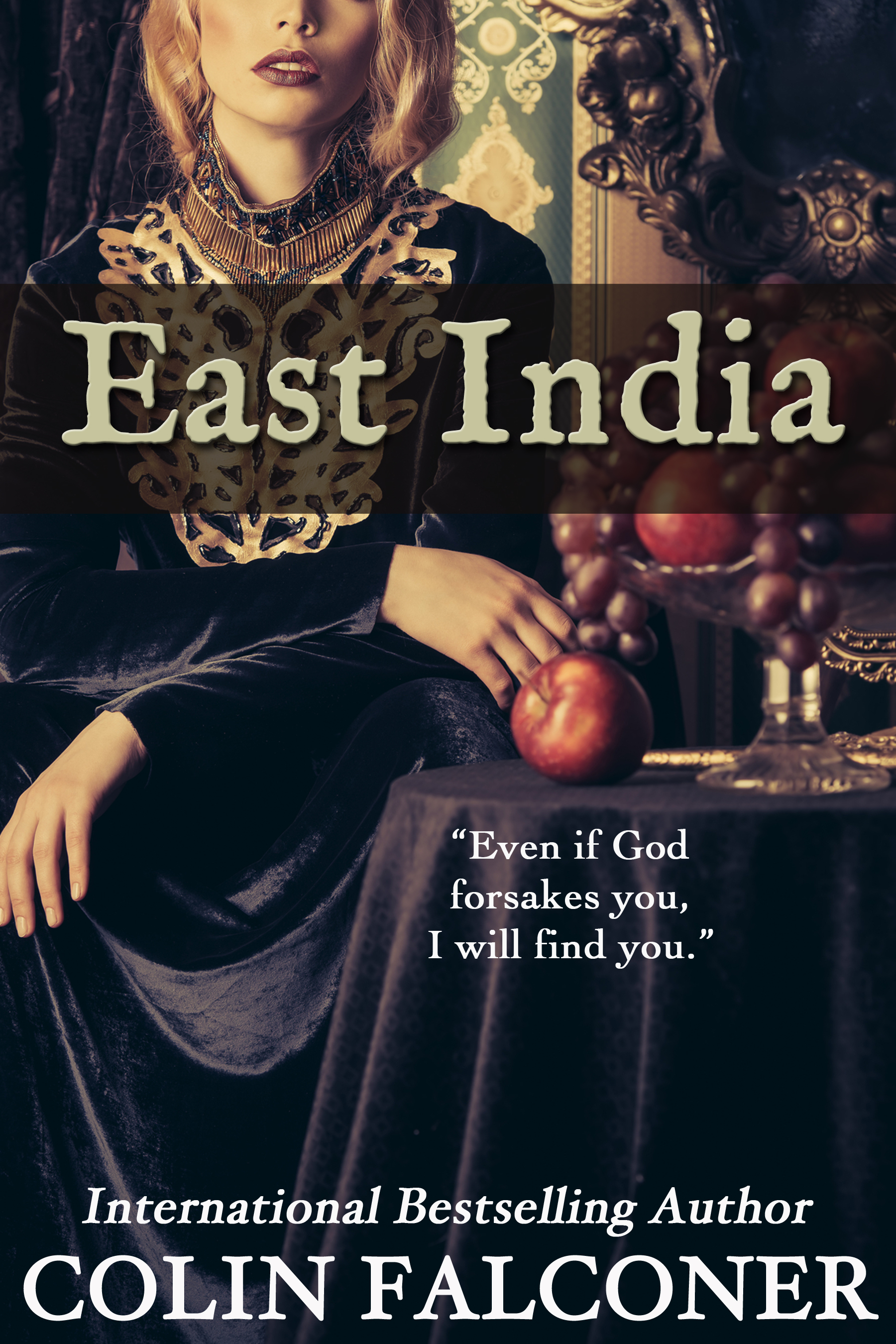
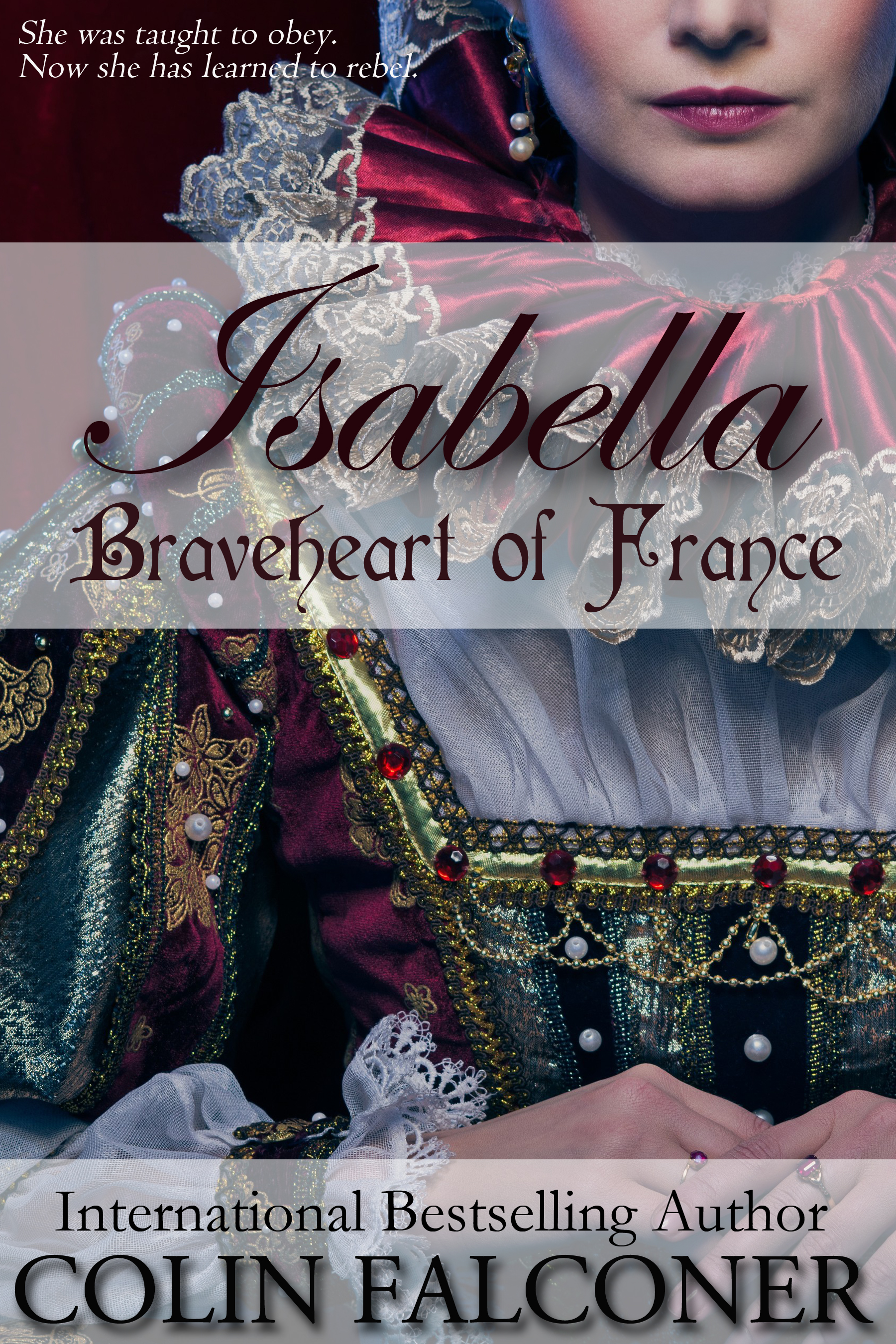
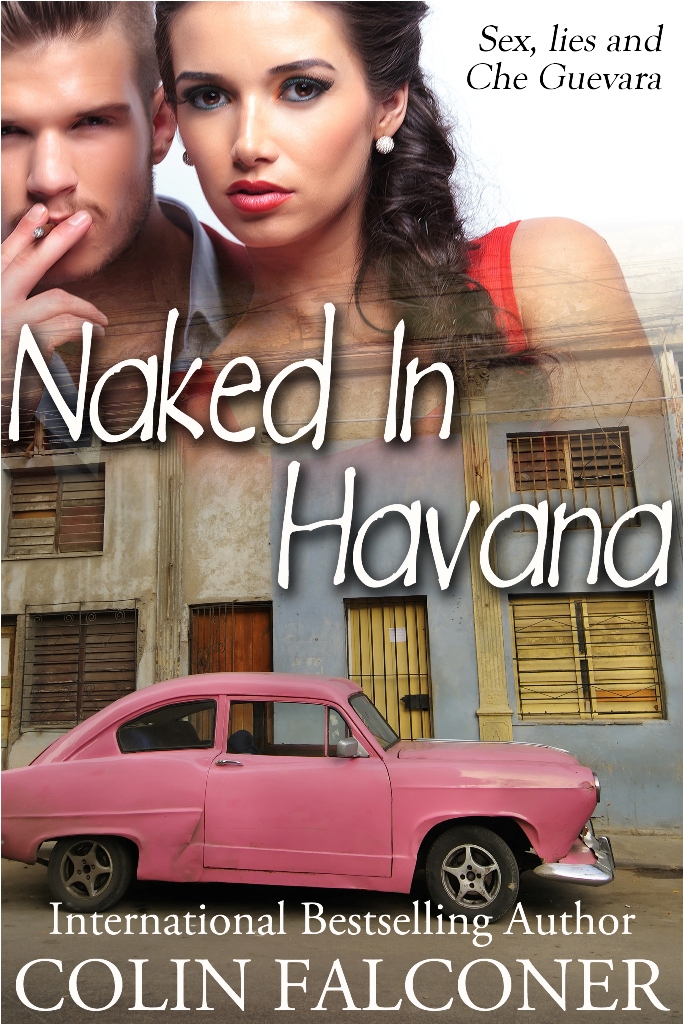
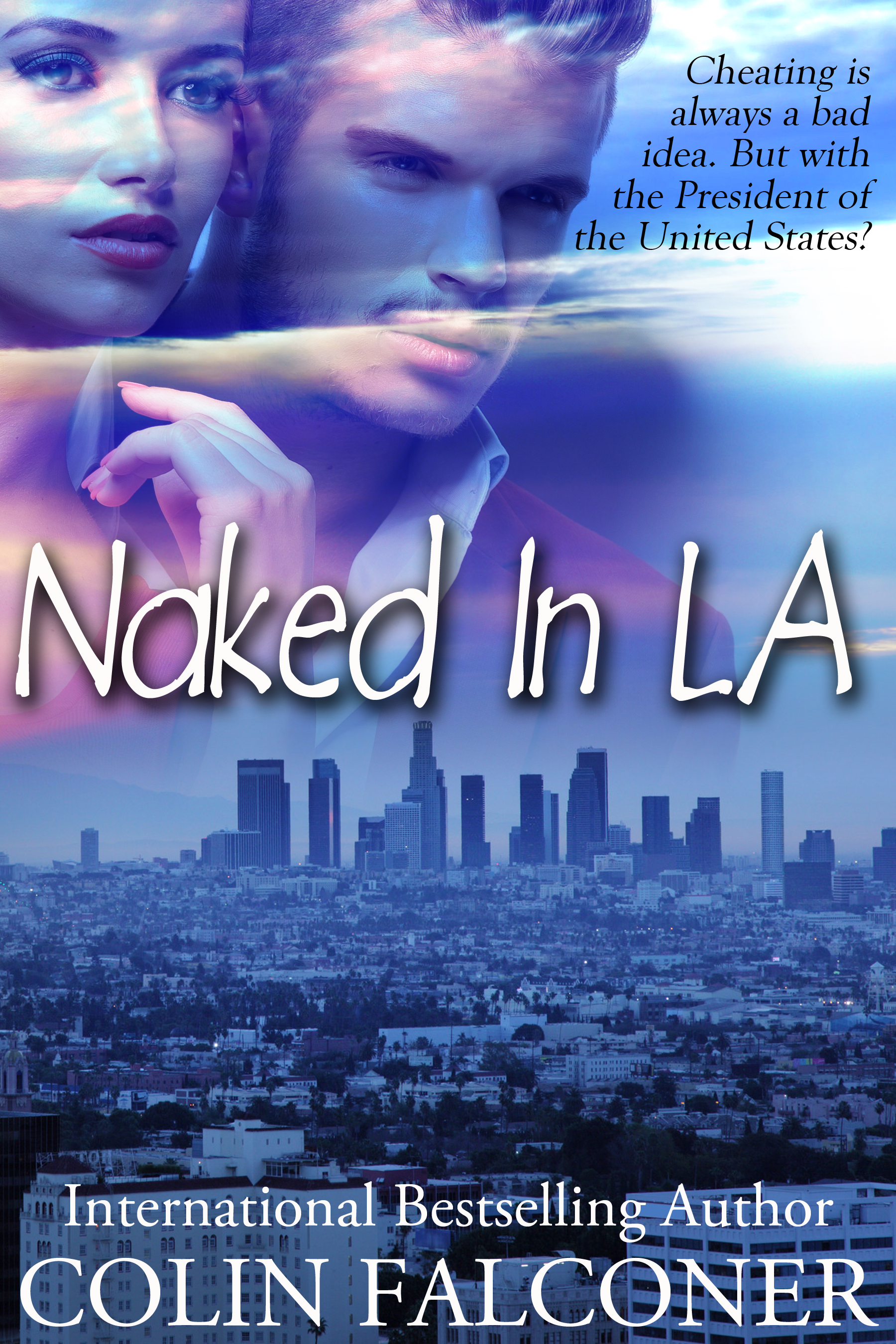
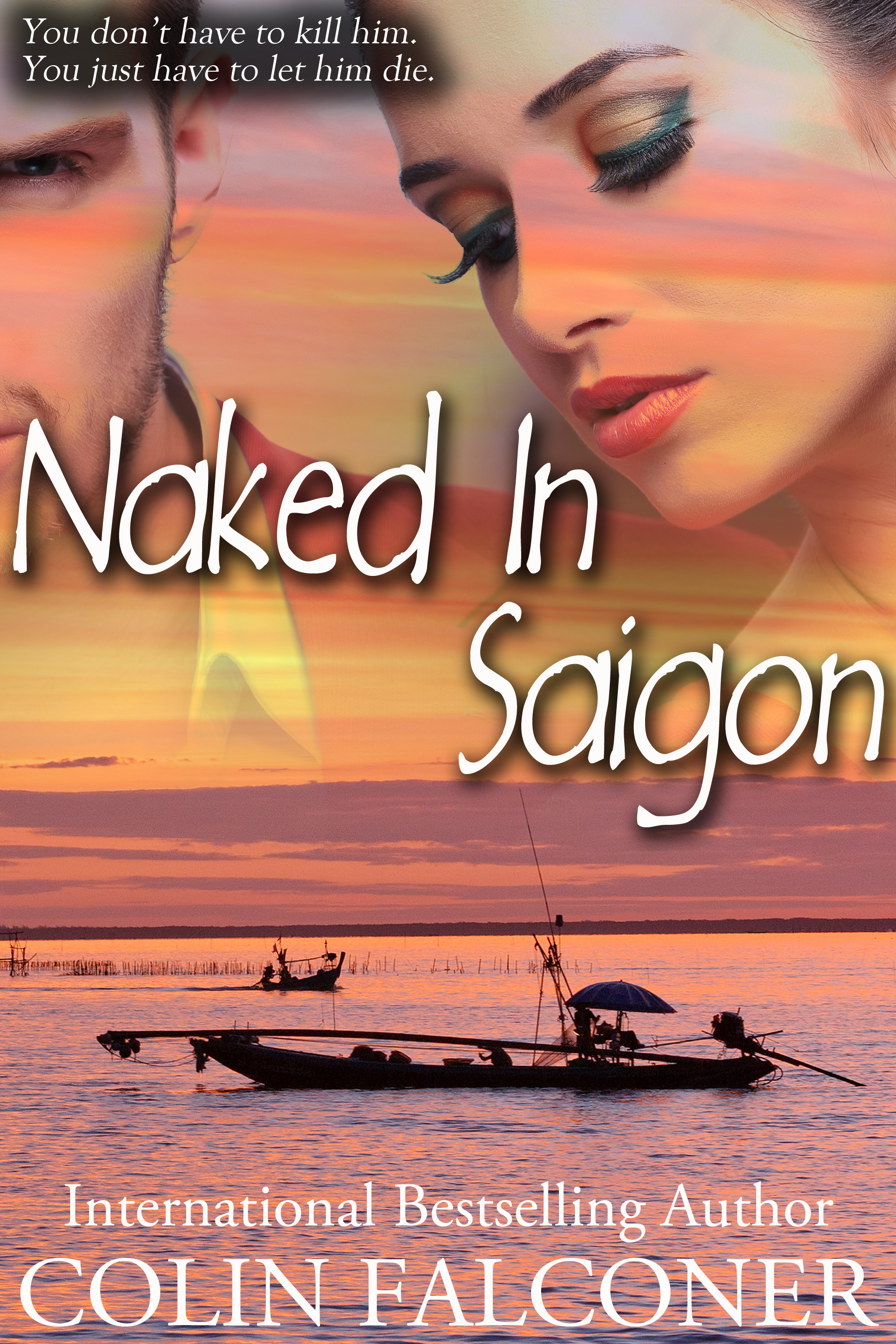
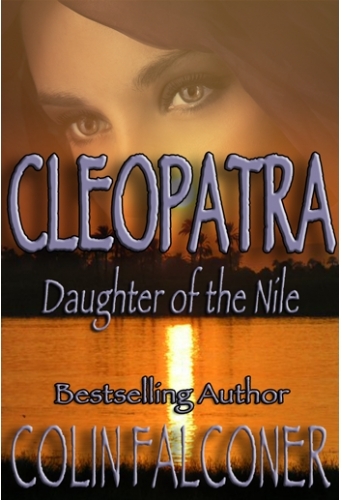
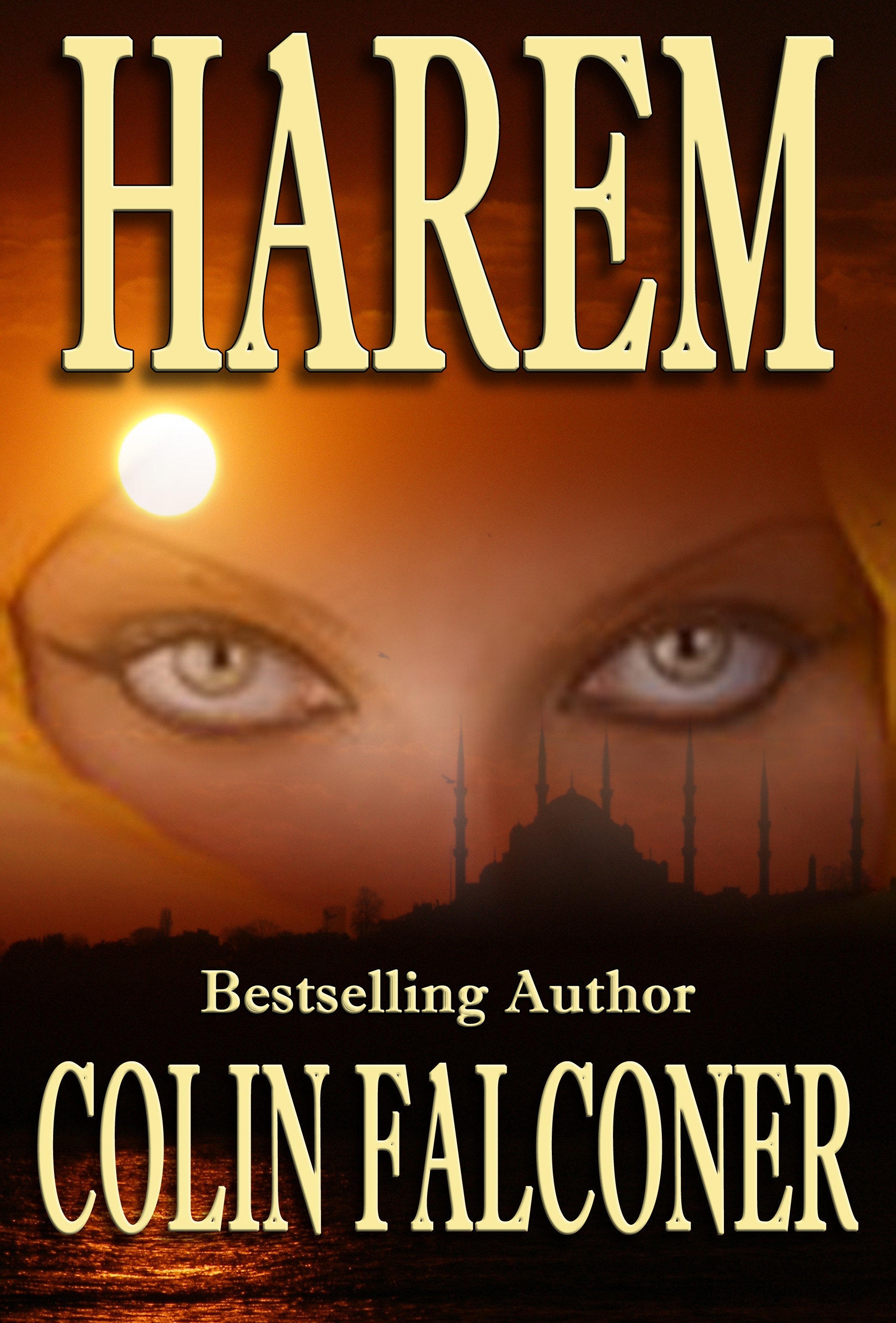
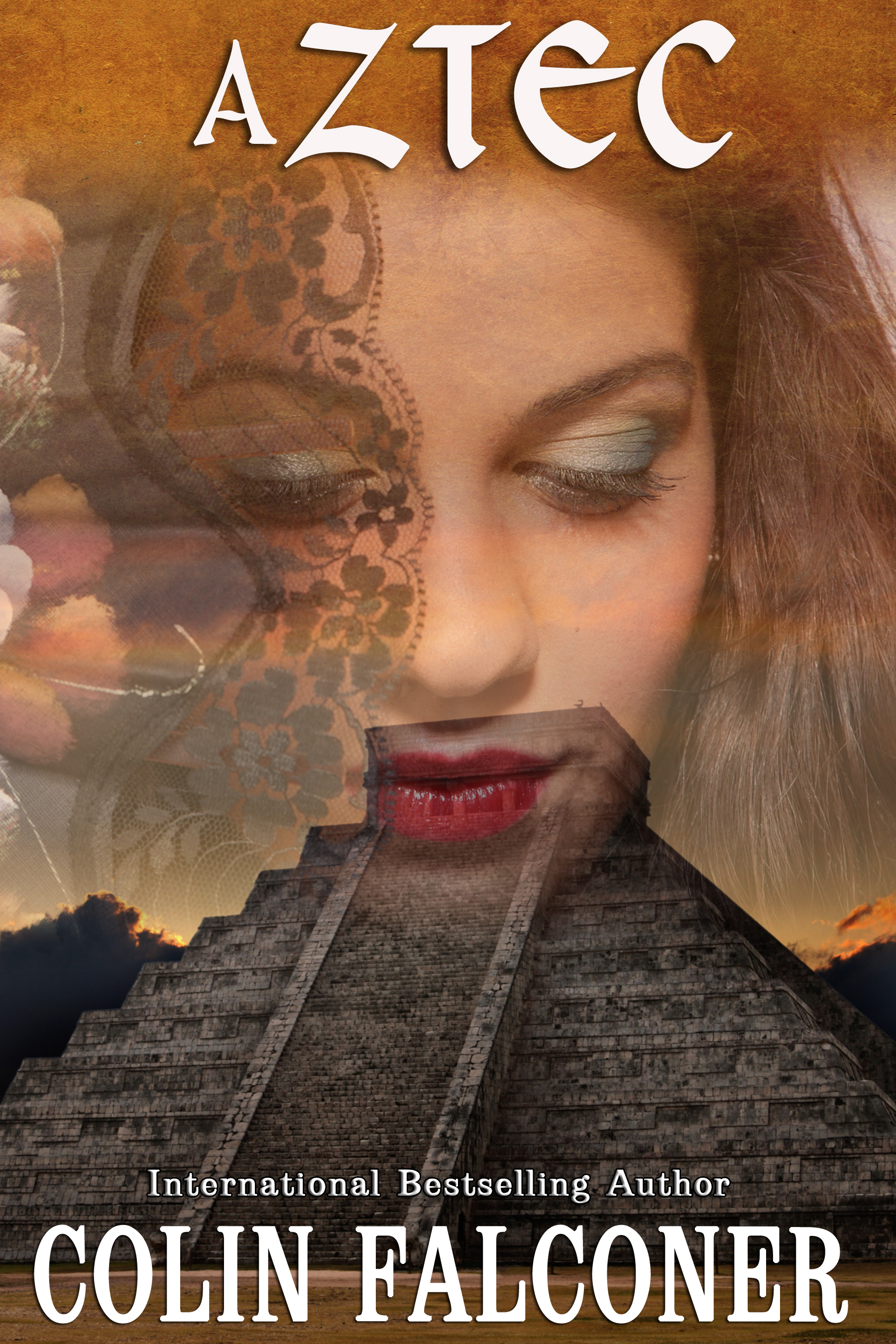
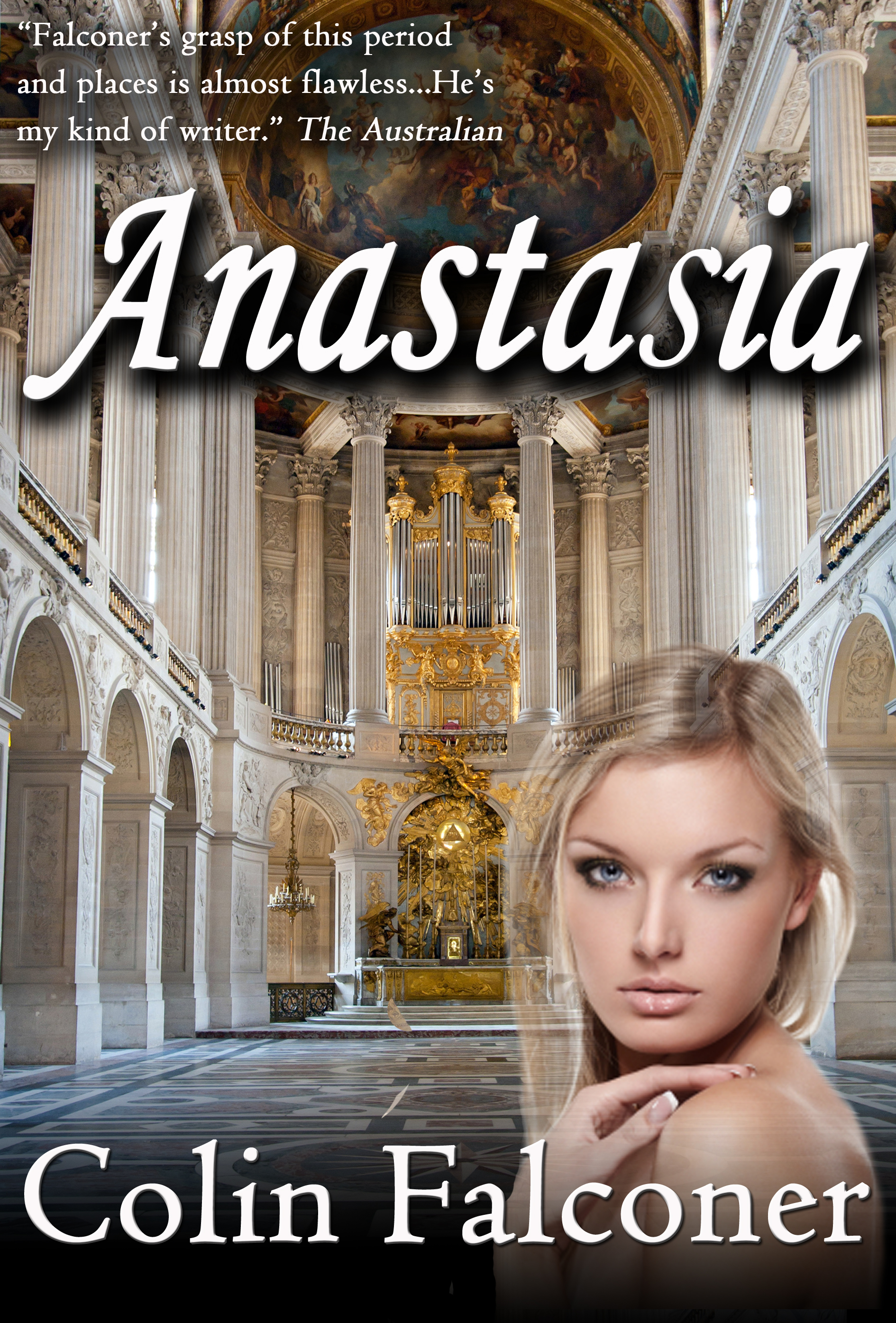
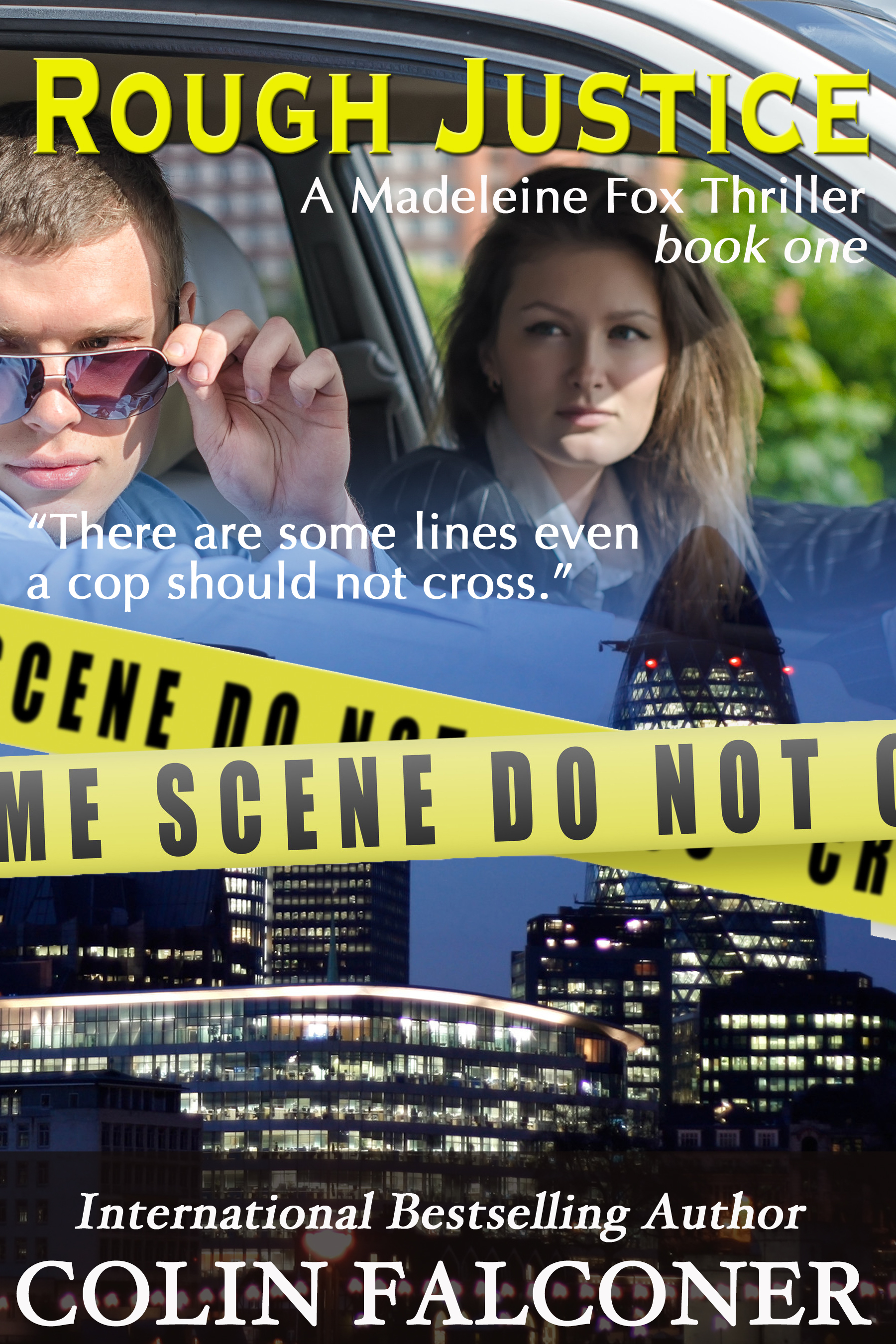
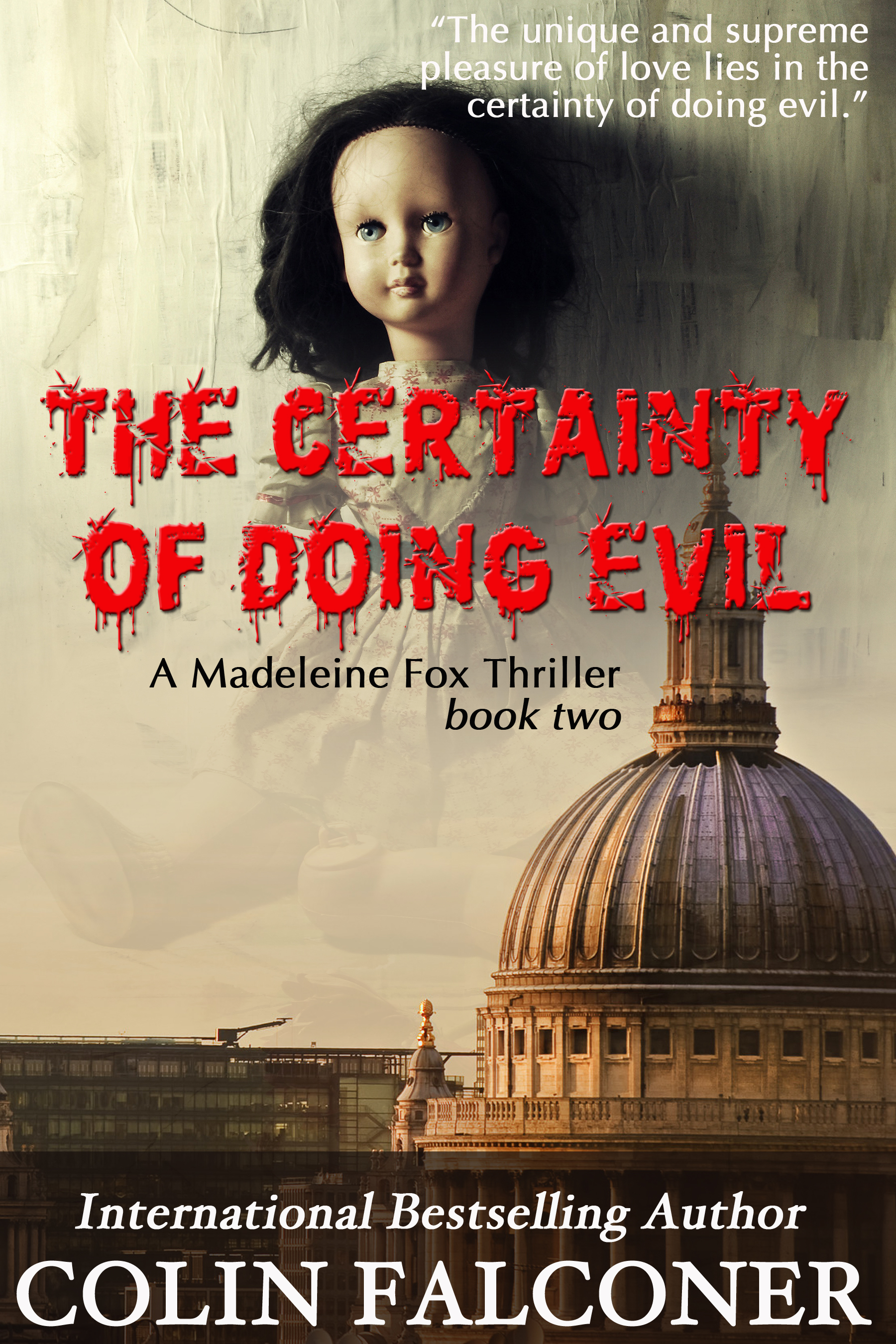
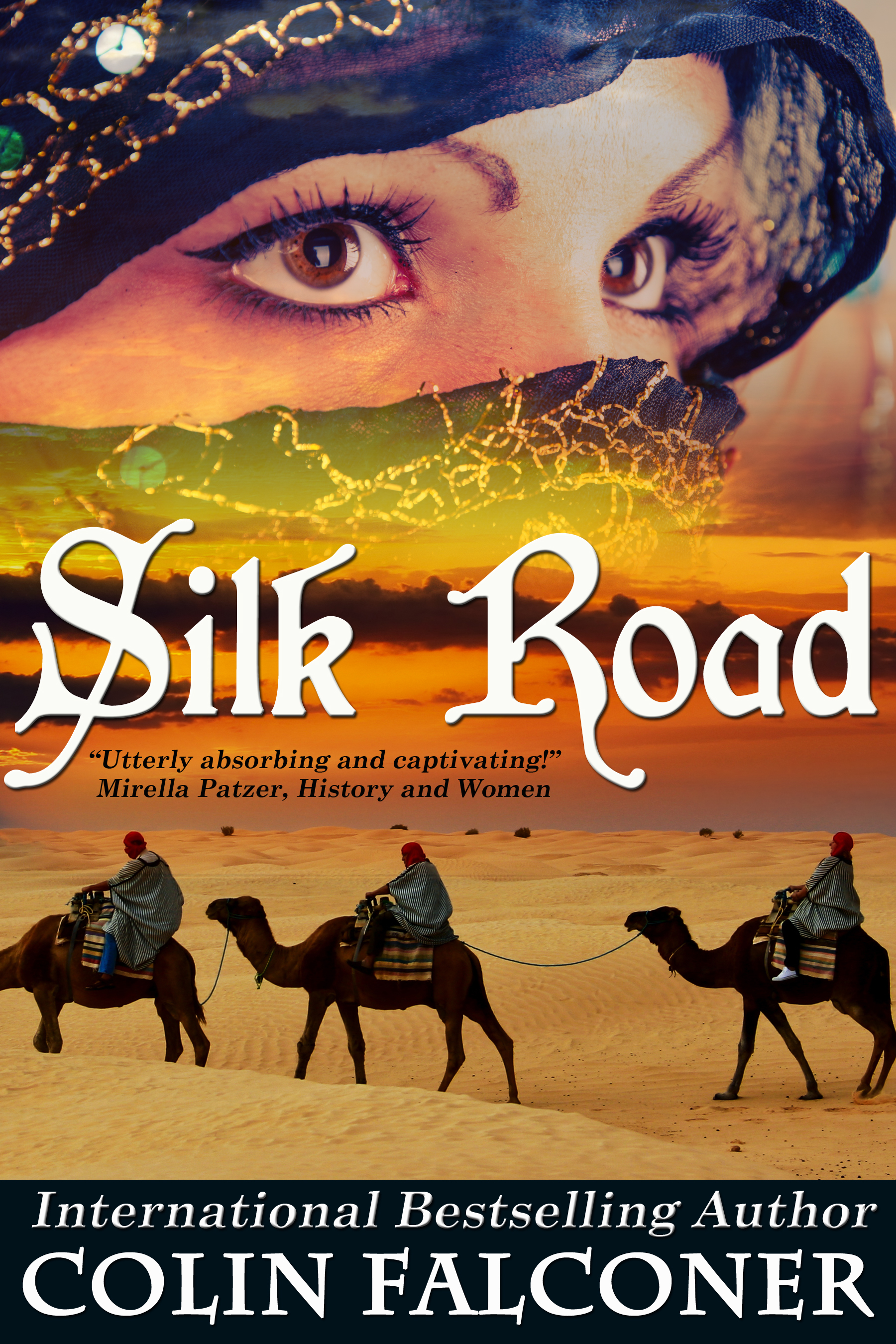
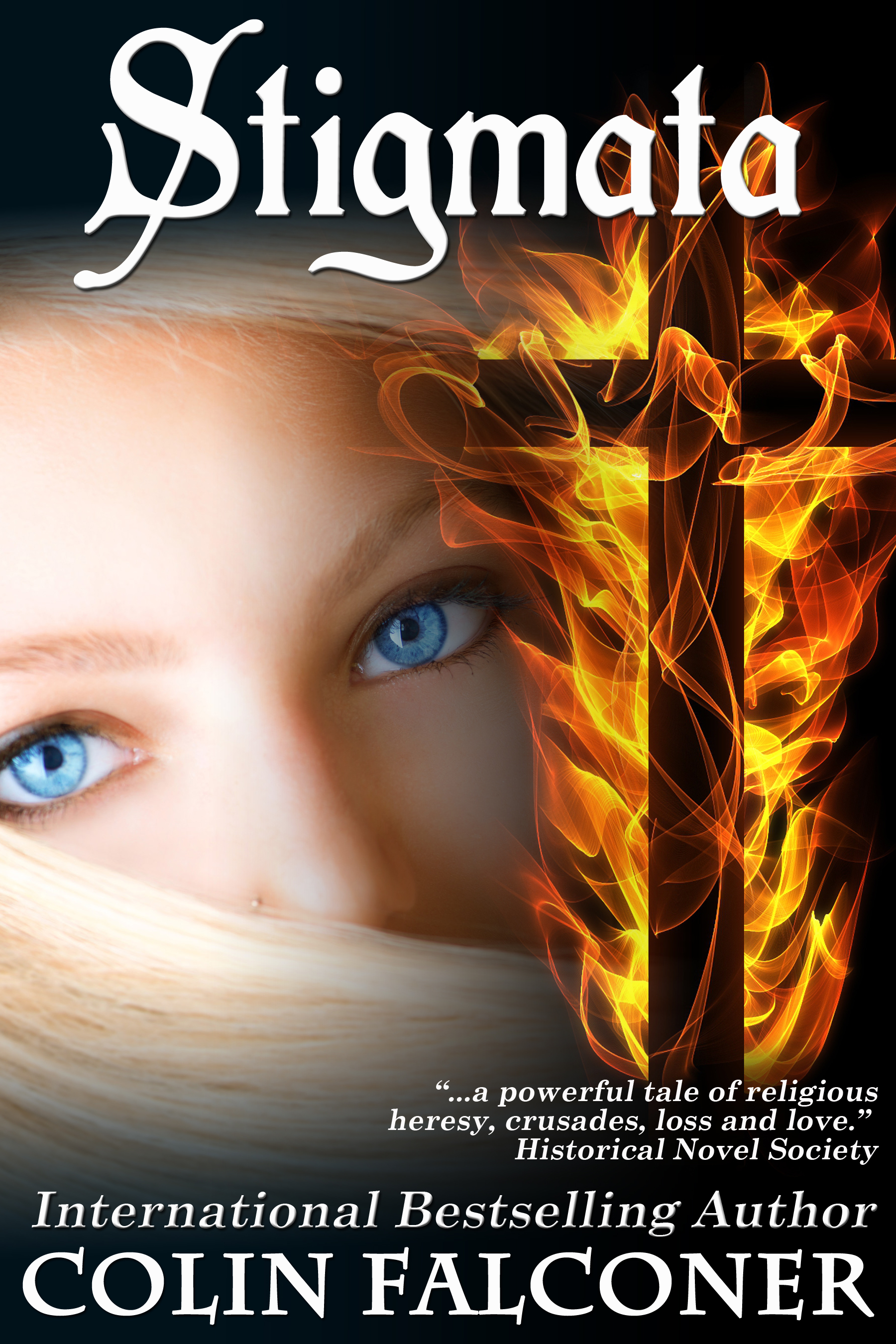
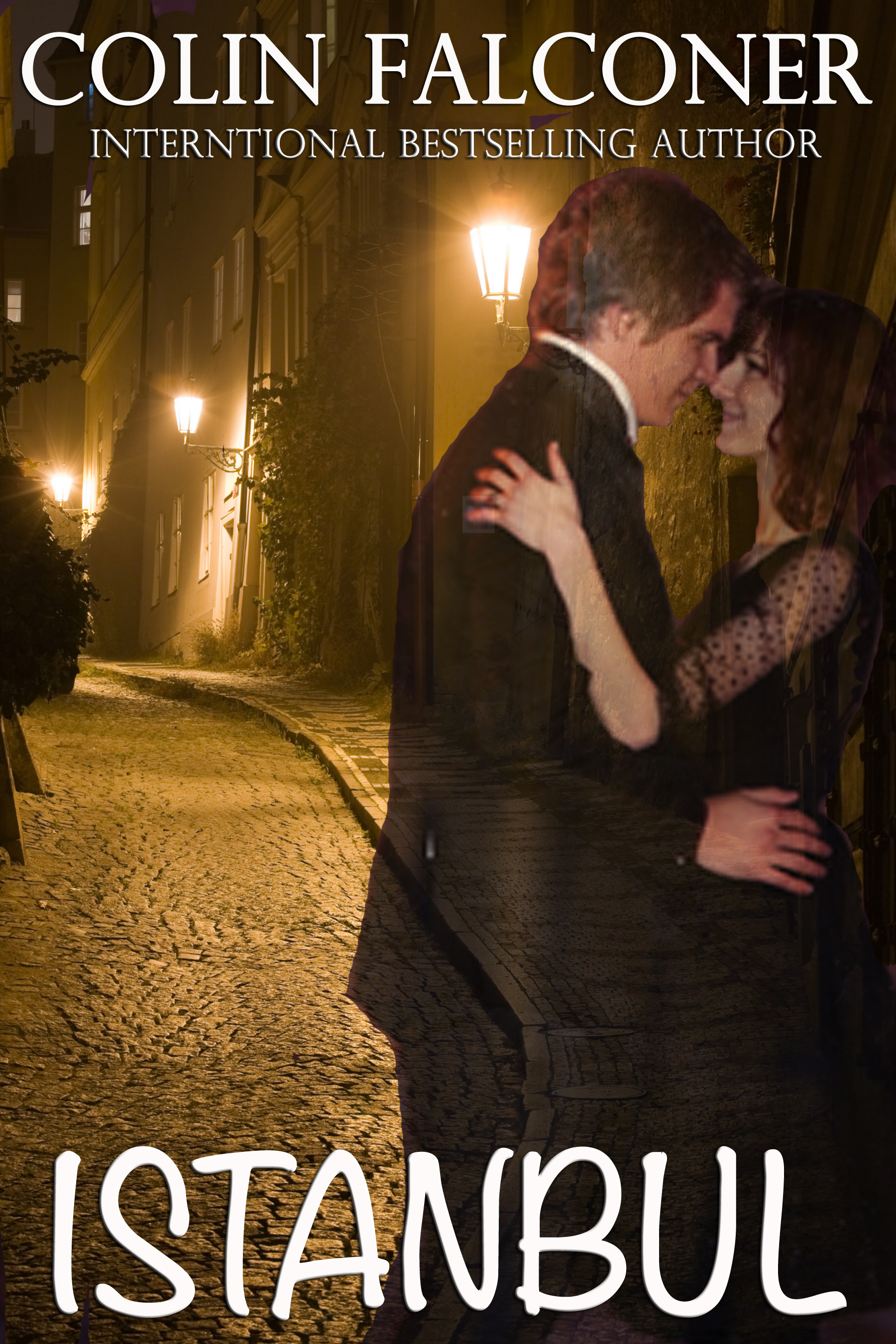

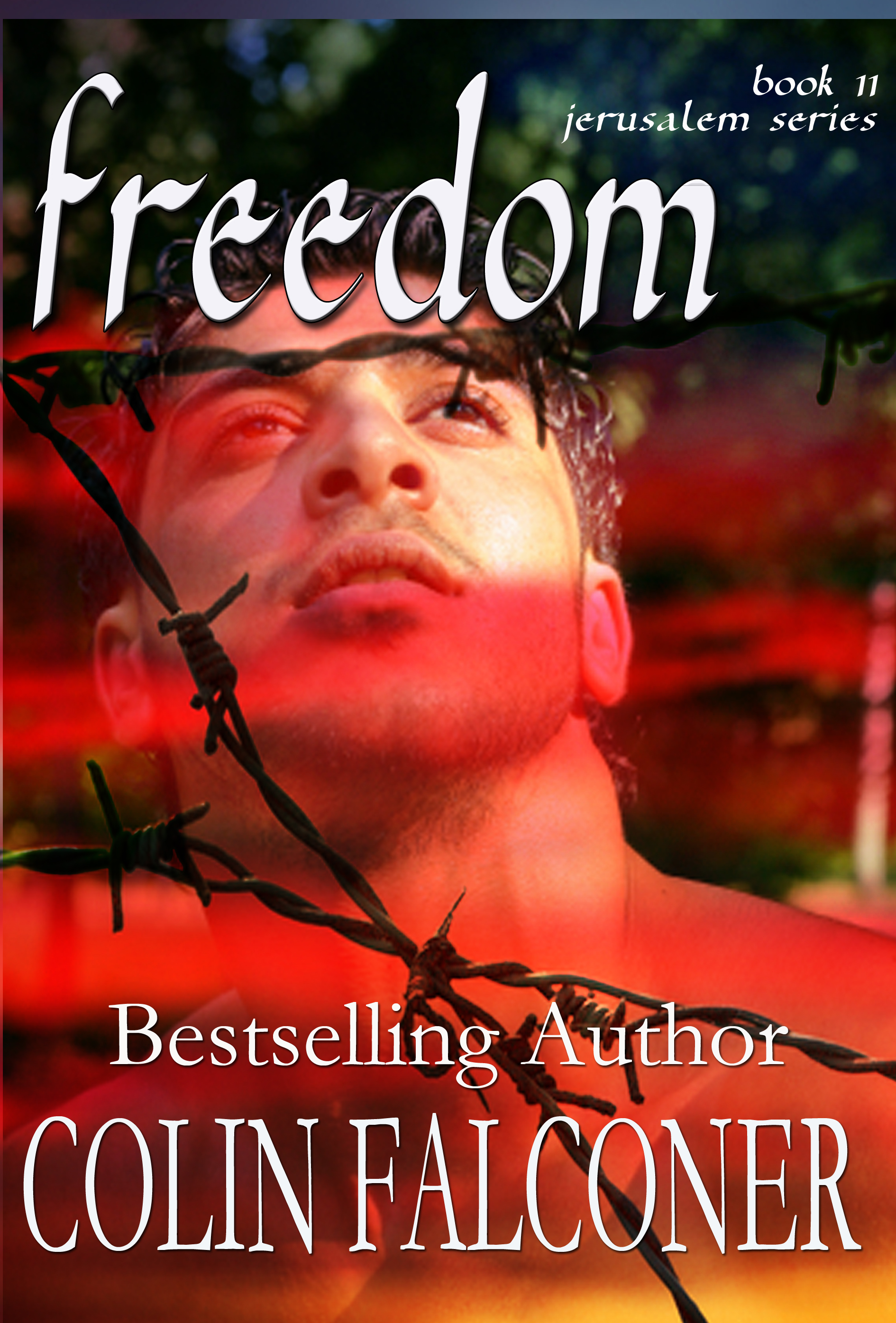


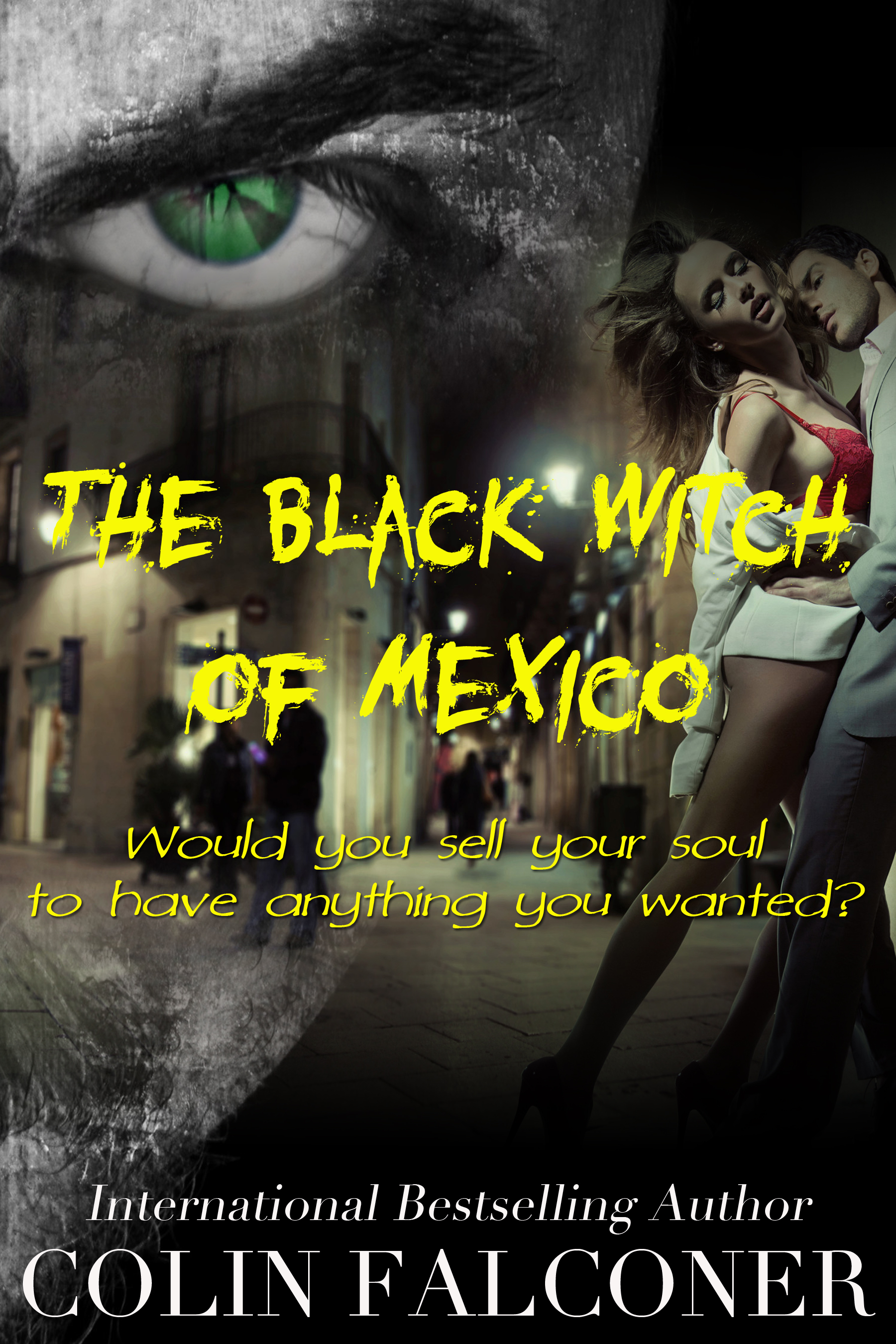

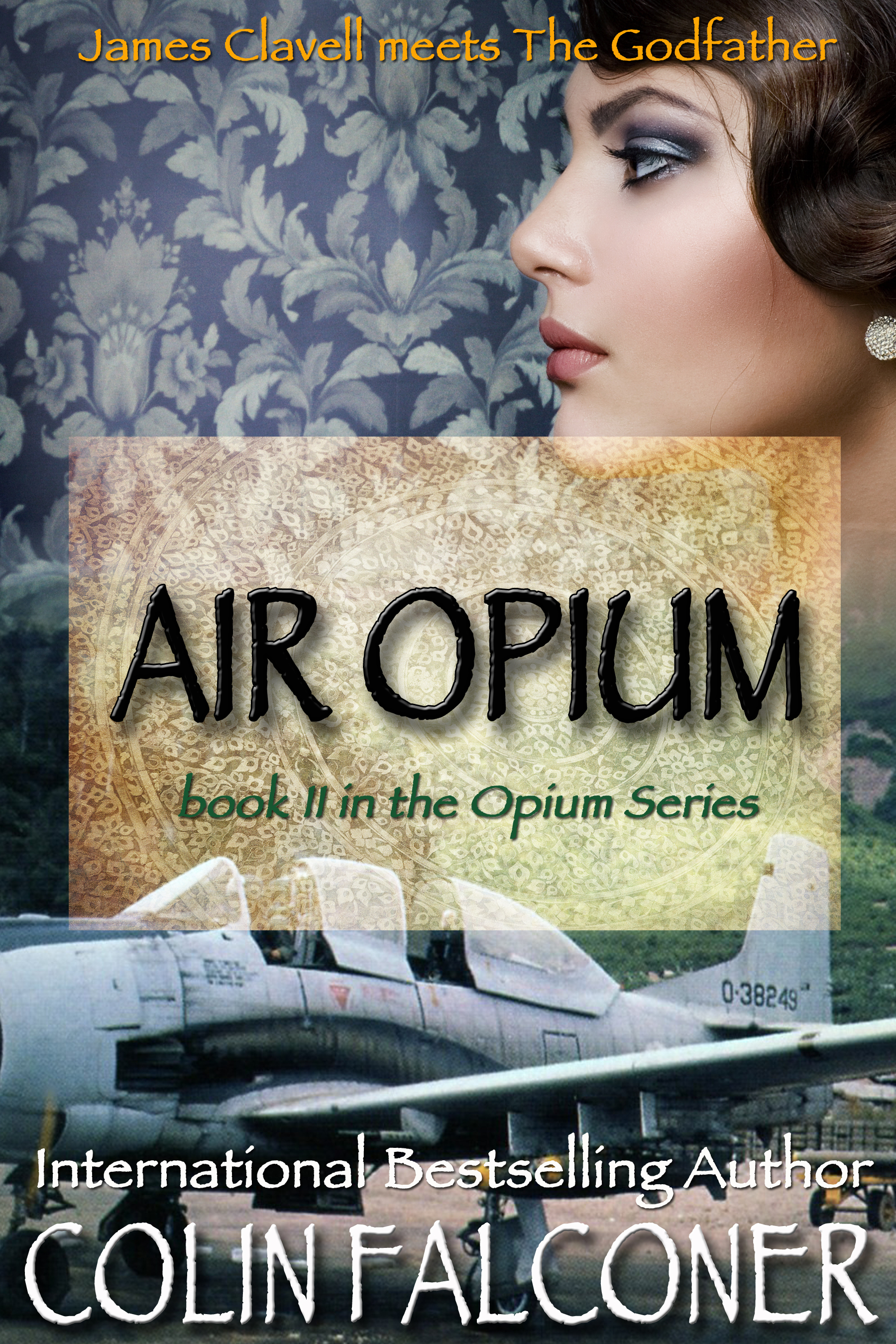
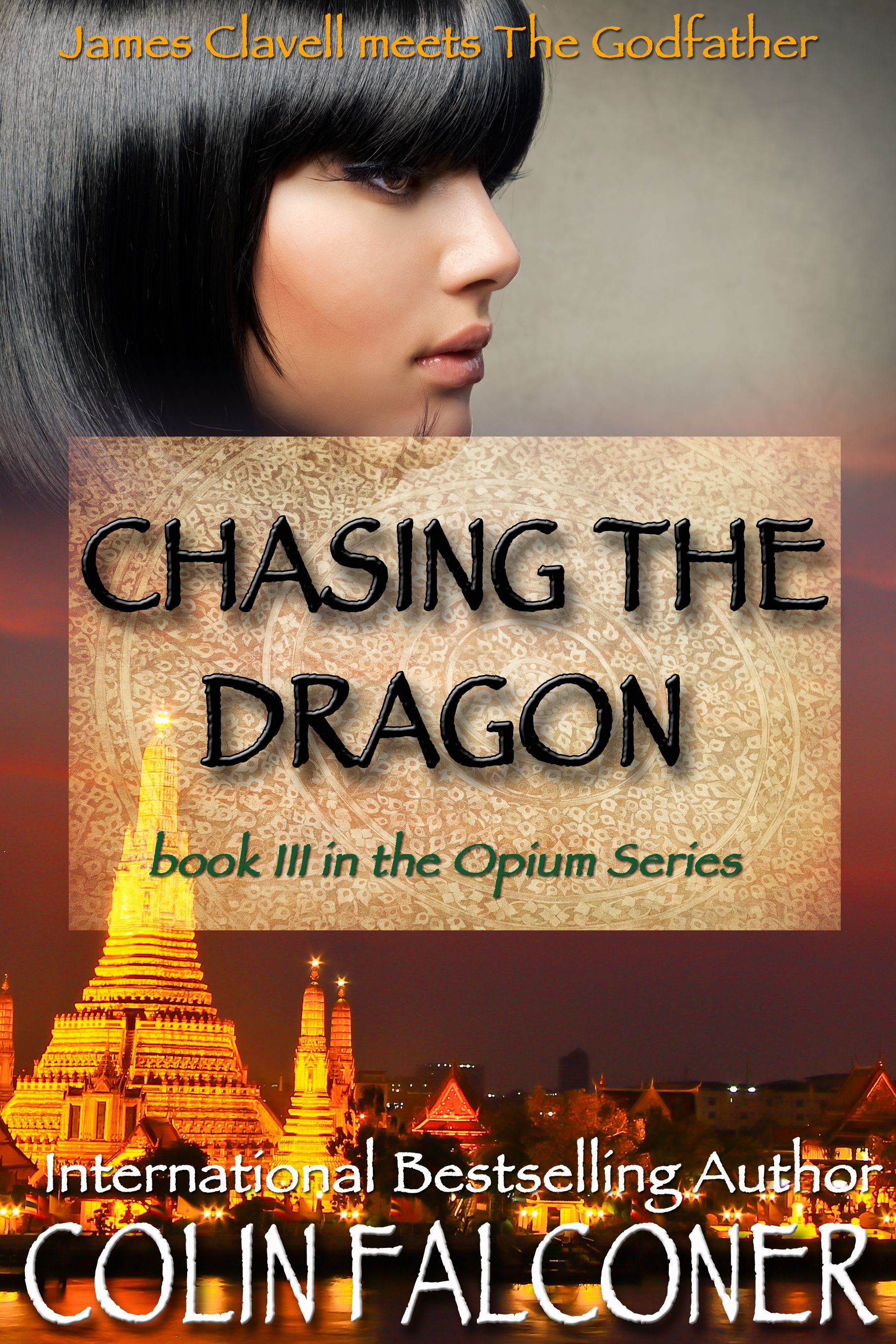
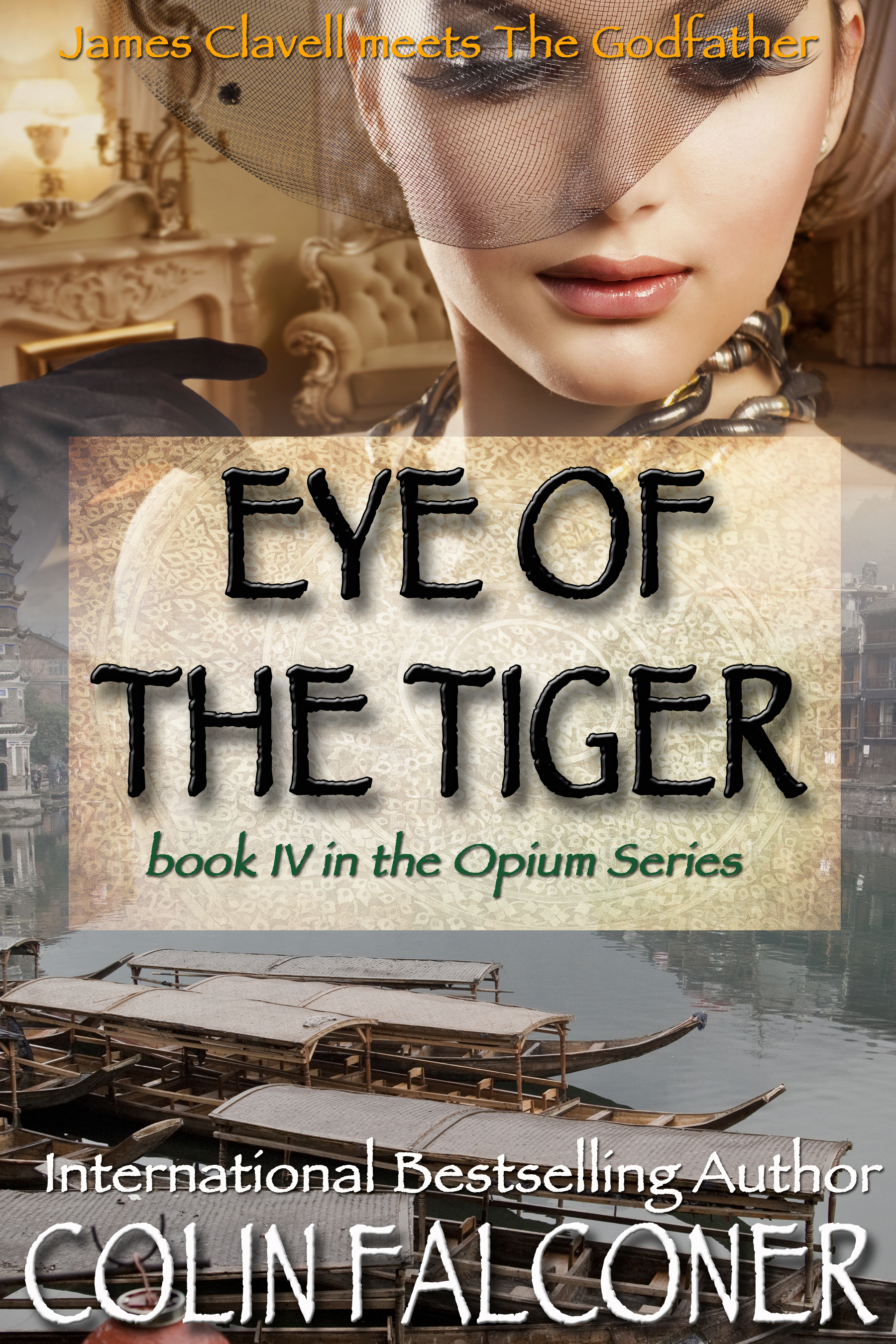
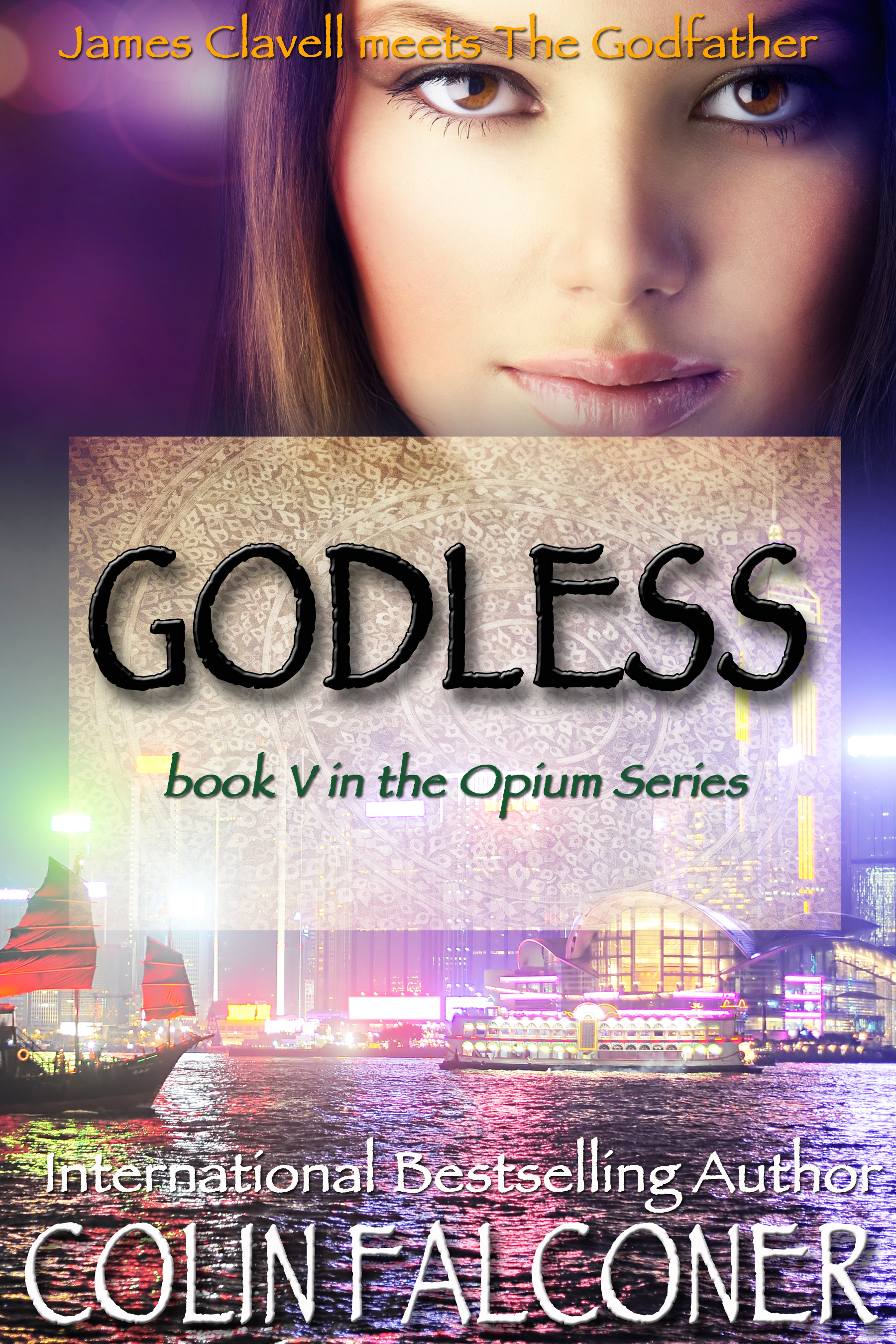
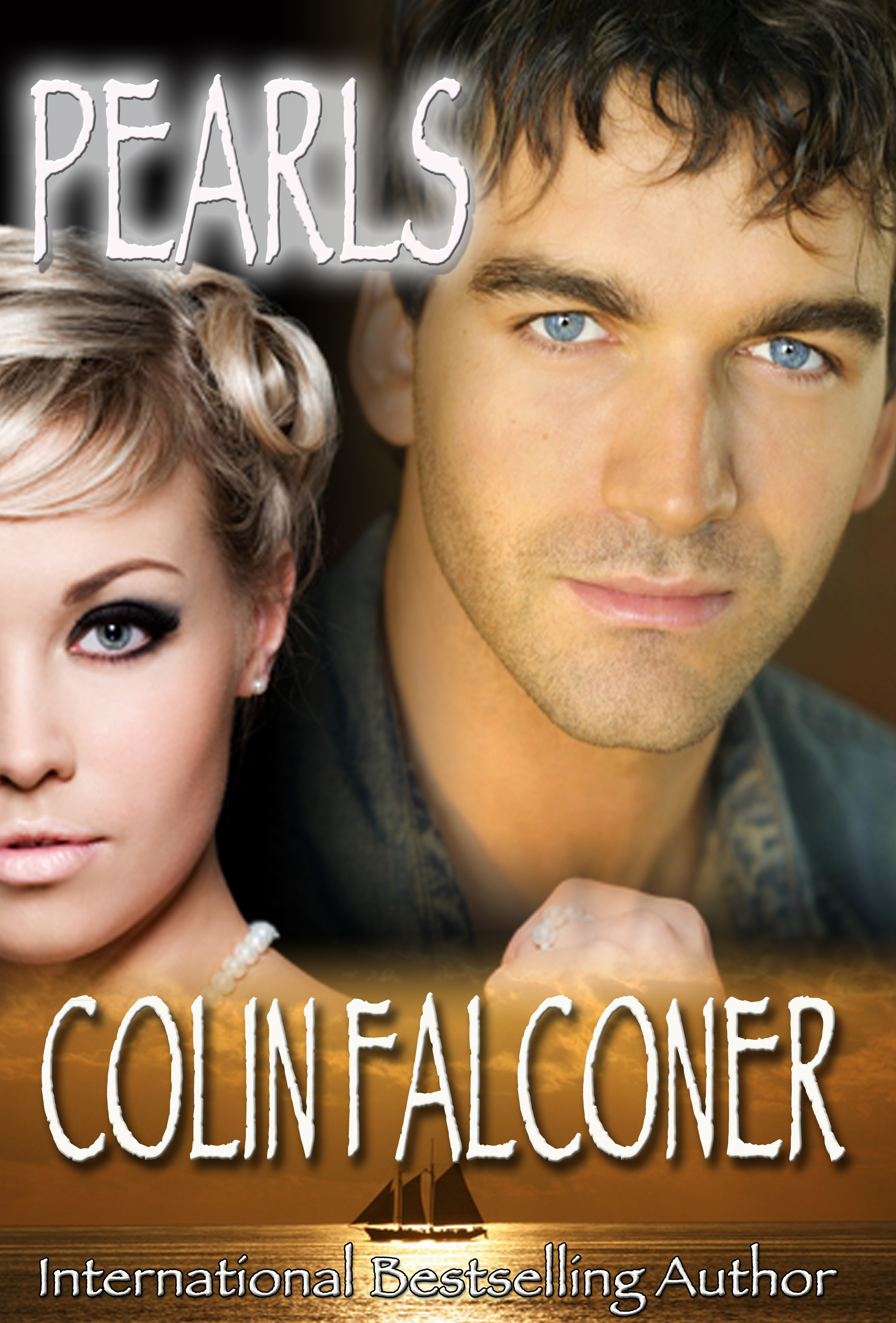

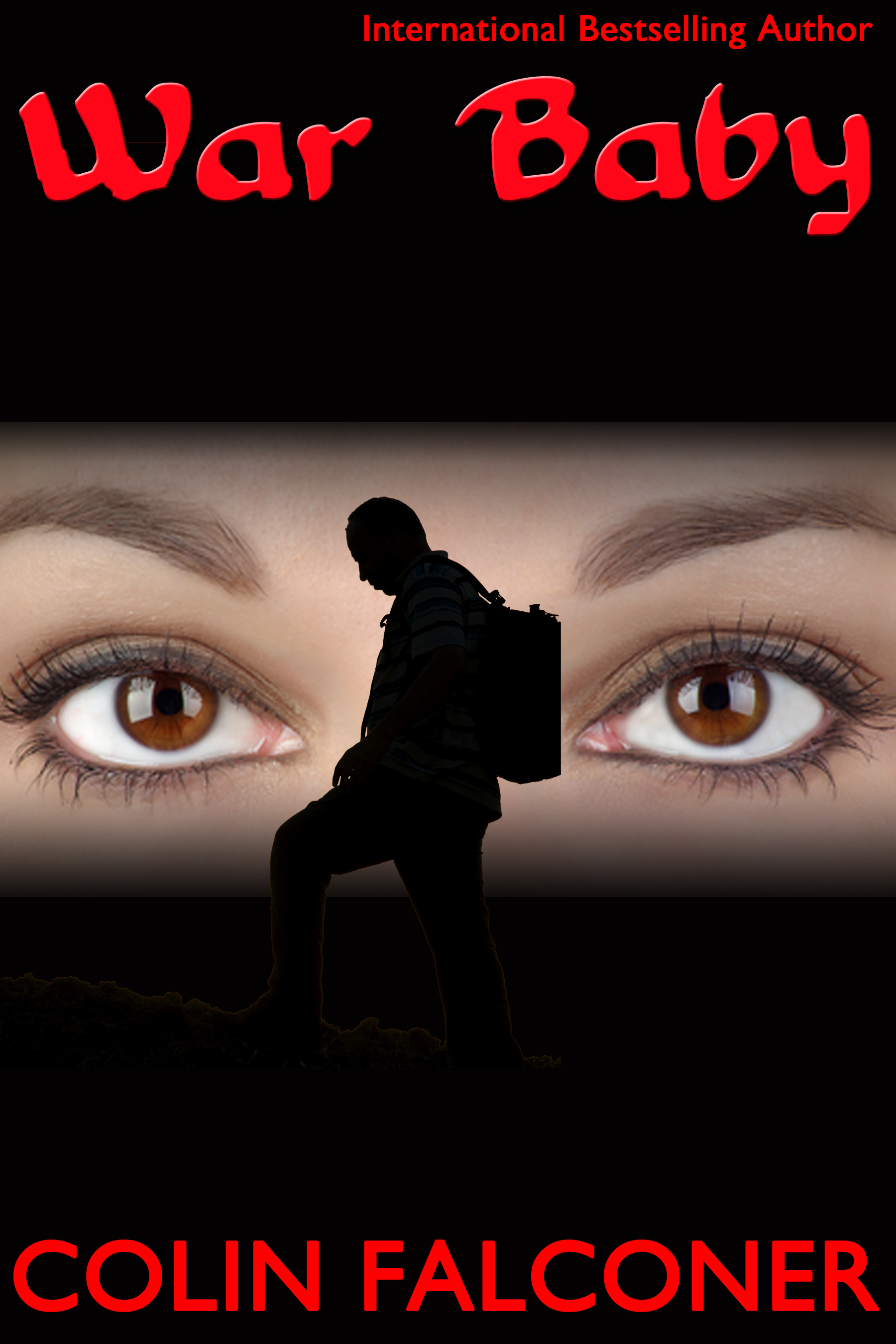
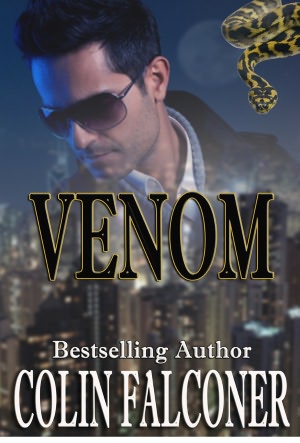
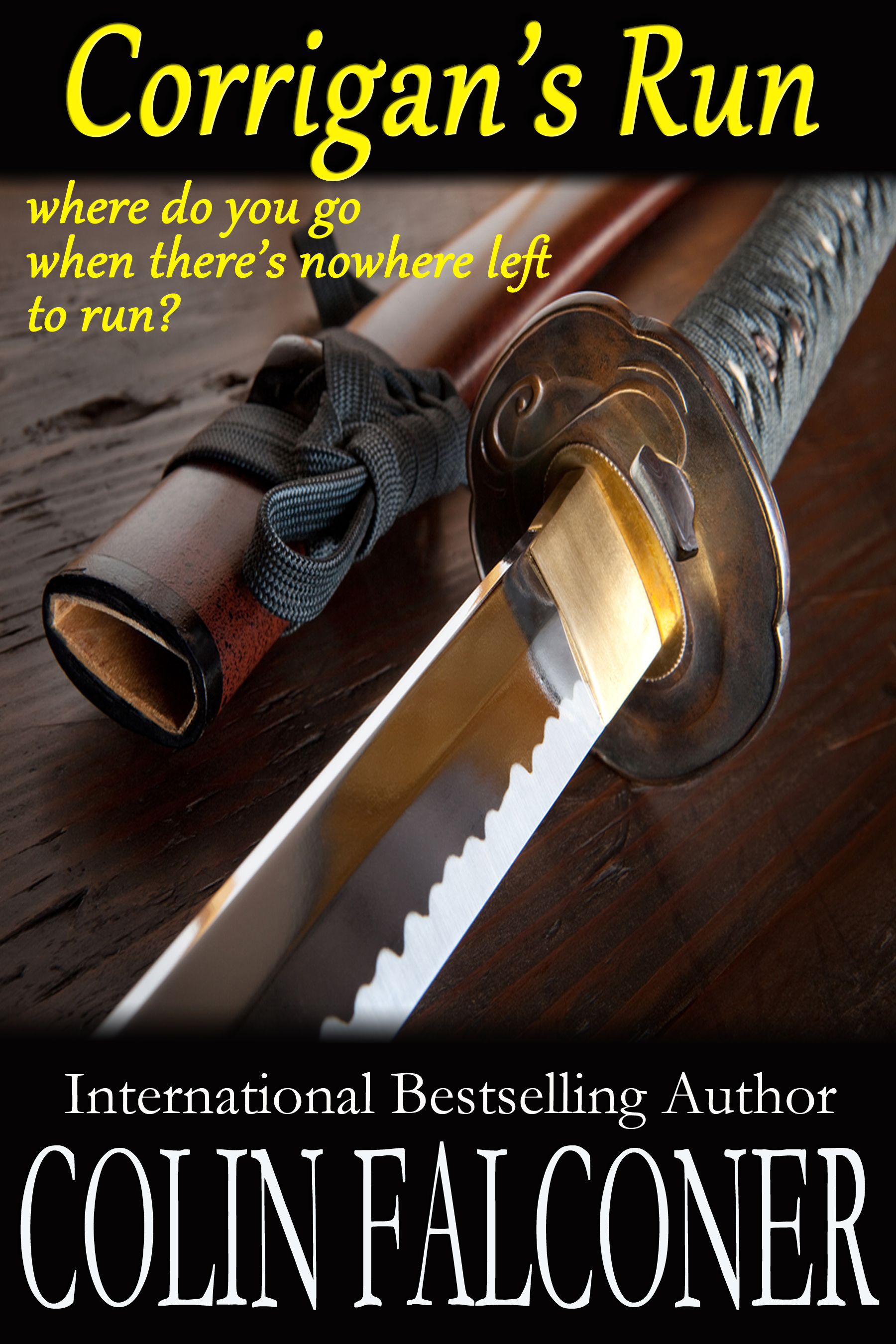
The best college class I took was a Mythology and Folklore course with a professsor who explored the similiarities of folk tales around the world and their common elements. It changed the way I looked at reading these stories and opened a whole new world.
It’s true Helen. In a similar vein I once did a screenwriting course once with a well known writer who challenged us to give her a movie she couldn’t translate back to a well known fairy story or myth. It was brilliant.
I would never have guessed that from the video! Amazing!
Great points about theme and one I have been giving some thought to in writing my book.
Hope it helps Susie. If you notice in the video, Prince Charming is a girl, the fairy godmother plays bass (I always suspected that) and the three ugly sisters are overweight blokes who turn out not to such bad guys in the end. But it’s still Cinderella!
I’m an anthropologist by training and it doesn’t sound like literary darwinism differs much from Joseph Campbell’s mythology studies or Carl Jung’s theories about fairy tales. Unless they’re theorizing that genetic memory exists, which would be ground-breaking, but probably unverifiable. (But who knows though? Scientists are mapping new genes everyday). Fascinating post, Colin!
Well, it’s interesting you should bring up genetic memory, Debra because it sounds to me that this is where they’re headed with this. Recent research claims that there’s a fundamental similarity in narrative that is both universal and timeless. Sounds a little like genetic memory, doesn’t it? As you say, it can’t be proved, but it is fascinating anyway.
Thanks Colin. Now I’ve got that stinkin’ song stuck in my head! Oh, so Bob Mayer wasn’t lying when he told our class there isn’t a story written that hasn’t been told already. I always thought Bob was a smart man. Seriously, I learned a lot from this series. Thank you for inserting your great sense of humor!
No, if Bob says something you can pretty much know that it’s the truth, whether he’s talking publishing or writing. Thanks for appreciating my humor, Karen … not everyone gets it!